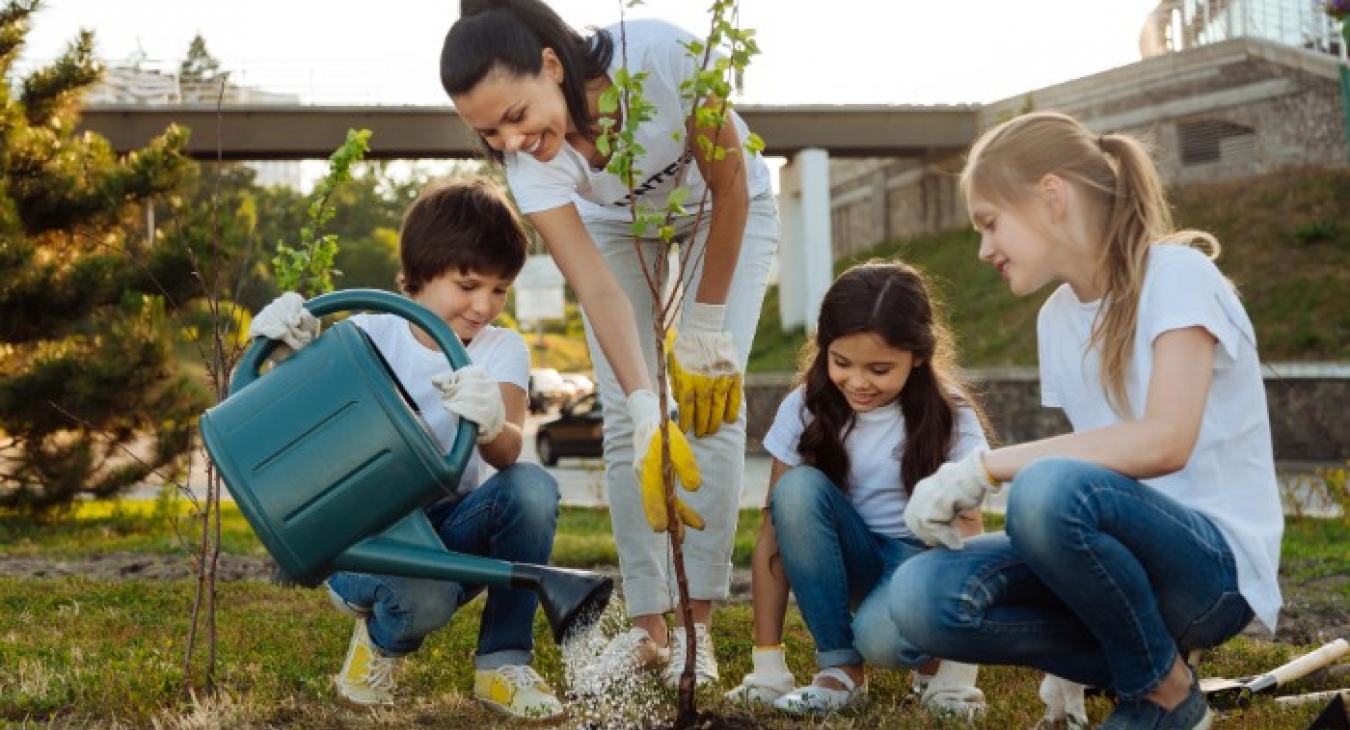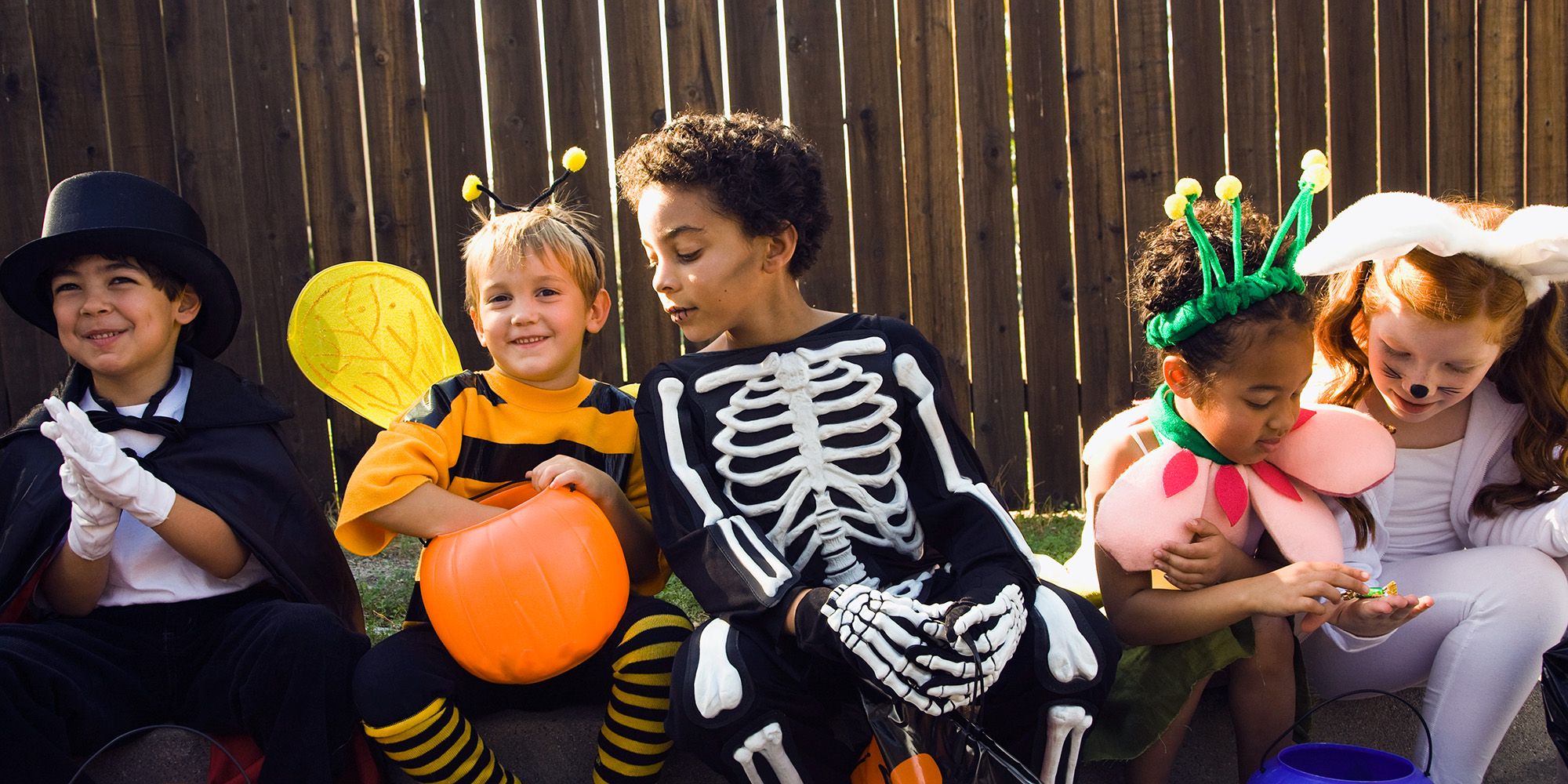The Importance of Teaching Sustainability to Children
Teach Children about the Importance of Sustainability, Before we delve into activities, let’s discuss why teaching children about sustainability is crucial:
Early Learning:
Young minds are incredibly receptive. Introducing sustainability concepts early allows them to develop a deep understanding of environmental issues.
Building Empathy:
Learning about the natural world fosters empathy towards living creatures and the environment. Children are more likely to care about what they understand.
Lifelong Habits:
Sustainable practices learned in childhood tend to become lifelong habits. These habits can have a significant impact on the environment when carried into adulthood.
Critical Thinking:
Sustainability education encourages critical thinking. Children learn to question their choices and their consequences on the planet.
Problem Solving:
Teaching sustainability equips children with problem-solving skills to address environmental issues creatively.
Now, let’s explore a variety of activities to teach children about sustainability:
Nature Walks:
Start with the basics by taking children on nature walks. Encourage them to observe the natural world, ask questions, and identify various plants and animals. Discuss the importance of preserving these ecosystems.
Gardening:
Growing a garden is a hands-on way to teach children about sustainability. They learn about soil health, composting, and the importance of native plants. Plus, they get to enjoy the fruits of their labor.
Recycling Games:
Set up a recycling game where children sort items into recyclables and non-recyclables. Explain how recycling conserves resources and reduces waste.
Energy Conservation Challenge:
Create an energy conservation challenge within your home. Children can compete to see who can reduce energy usage by turning off lights, unplugging devices, and conserving water.
Eco-Crafts:
Engage in eco-friendly crafts using recycled materials. Make bird feeders from old milk cartons, create art from scrap paper, or design jewelry from discarded items.
Composting Adventure:
Introduce children to composting by creating a compost bin for kitchen scraps. Teach them what can and cannot be composted and explain how compost enriches the soil.
Water Conservation:
Conduct experiments to demonstrate the importance of water conservation. For example, show children how turning off the tap while brushing their teeth can save gallons of water each day.
Sustainable Food Choices:
Involve children in meal planning and grocery shopping. Discuss the importance of buying local and seasonal produce and reducing food waste.
Green Reading:
Explore sustainability-themed books with children. Books like “The Lorax” by Dr. Seuss or “The Water Princess” by Susan Verde can spark meaningful discussions about the environment.
Nature Journaling:
Encourage children to keep nature journals where they record their observations, sketches, and thoughts about the natural world. This helps them develop a deeper connection to nature.
Upcycling Projects:
Embark on creative upcycling projects where children transform old items into new ones. For example, turn old jars into lanterns or make planters from discarded containers.
Wildlife Watching:
Teach Children about the Importance of Sustainability, Observe local wildlife, whether it’s birds in your backyard or insects in a nearby park. Document their behaviors and discuss how human activities impact their habitats.
Environmental Documentaries:
Select age-appropriate environmental documentaries or nature series to watch together. These films can provide valuable insights into sustainability issues around the world.
Zero-Waste Picnics:
Organize zero-waste picnics where children bring reusable containers and utensils. Discuss how this reduces single-use plastic waste.
Earth-Friendly Challenges:
Challenge children to complete tasks like picking up litter at a local park, planting a tree, or participating in a neighborhood clean-up event.
Sustainable Fashion:
Talk about sustainable fashion choices. Explore secondhand stores and discuss the impact of fast fashion on the environment.
Energy-Saving Home Audit:
Conduct a home energy audit with children. Identify areas where energy could be saved and discuss the importance of reducing carbon emissions.
Climate Science Projects:
Engage in simple climate science experiments, such as creating a miniature greenhouse or studying the effects of carbon dioxide on the environment.
Green Technology Exploration:
Explore green technologies like solar panels and wind turbines. Discuss their benefits and how they contribute to a sustainable future.
Environmental Challenges:
Participate in environmental challenges like “Plastic-Free July” or “Meatless Mondays.” These challenges can be fun and educational.
Environmental Puzzles and Games:
Play sustainability-themed puzzles and board games that teach children about ecosystems, wildlife, and conservation.
Virtual Environmental Tours:
Take virtual tours of national parks, wildlife reserves, or coral reefs. These virtual experiences can foster an appreciation for diverse ecosystems.
Community Involvement:
Teach Children about the Importance of Sustainability, Engage in community-based sustainability activities like tree planting events, neighborhood clean-ups, or fundraisers for environmental causes.
Guest Speakers and Field Trips:
Invite local environmentalists or experts to speak to children about sustainability. Field trips to recycling centers, farms, or wildlife sanctuaries can also be educational.
Sustainability Challenges:
Create friendly sustainability challenges within the family, such as who can reduce their waste the most over a month or who can save the most water.
Conclusion
Teaching children about sustainability is an investment in the future of our planet. These activities not only educate children about the importance of environmental stewardship but also inspire them to take action. By nurturing their curiosity, empathy, and sense of responsibility, we can raise a generation of eco-conscious individuals who will strive to create a more sustainable and thriving world for all living creatures.



